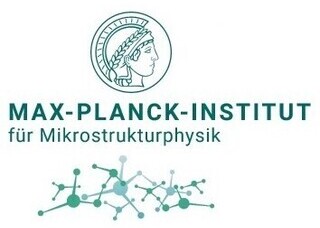Intelligent functional magnetic materials lay the foundation for a new generation of computers, namely quantum computers and such based on spintronics. Thanks to their low energy consumption the latter allow for substantial progress in the process of climate friendly digitization. Within this project several such material classes are investigated using numerical methods based on high-performance computing. A special emphasis is put on the magnetization dynamics of non-collinear magnets which are promising candidates for the implementation of both quantum computers and spintronic based machines. Consequently, this project represents a powerful link between two established research fields at HAW Hamburg, namely energy and information engineering, and current basic research in the field of quantum physics.
The cooperation with excellent partners in the both theoretical and experimental research, in particular the Max Planck Institute of Microstructure Physics (Halle, Germany) and the Institute for Theoretical Physics at Johannes Kepler University (Linz, Austria), allows for an efficient search for promising materials and lays the foundation for future industrial applications.
HAW Hamburg decisively contributes to this project through the proven expertise in theoretical quantum physics, especially in the field of time-dependent density functional theory. The ambitious project will lead to a significant advance in the understanding of magnetic materials in applications ranging from the renewable energy generation to the construction of quantum computers.
Ph.D. students team: David Eilmsteiner, Sebastian Paischer




